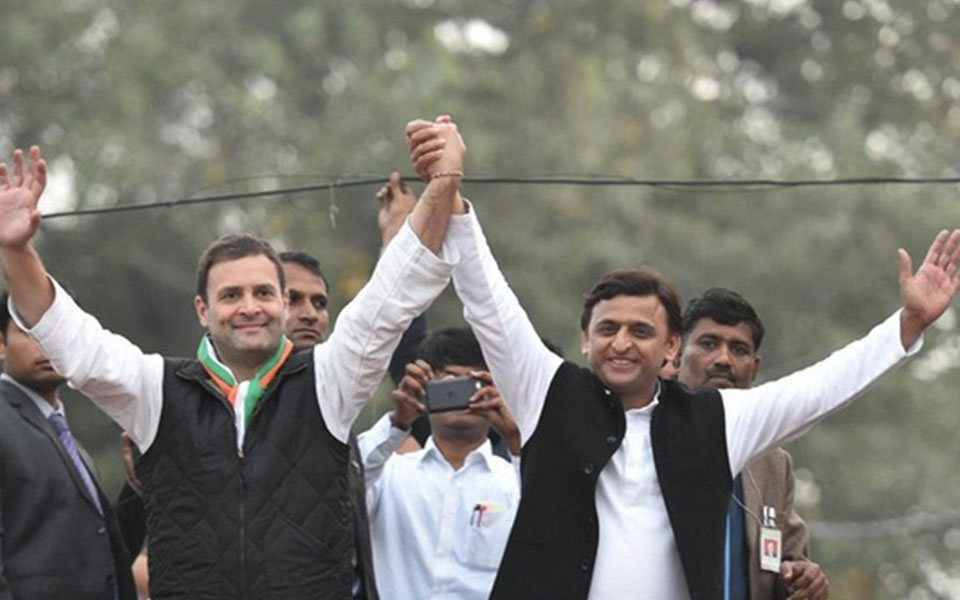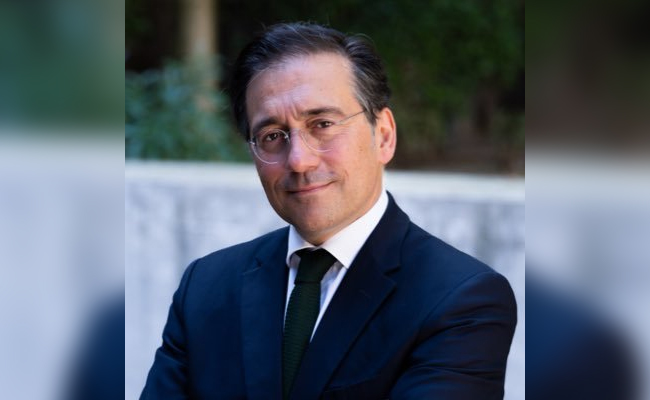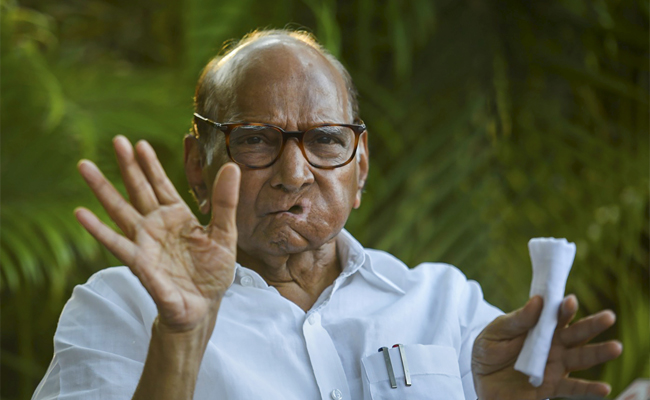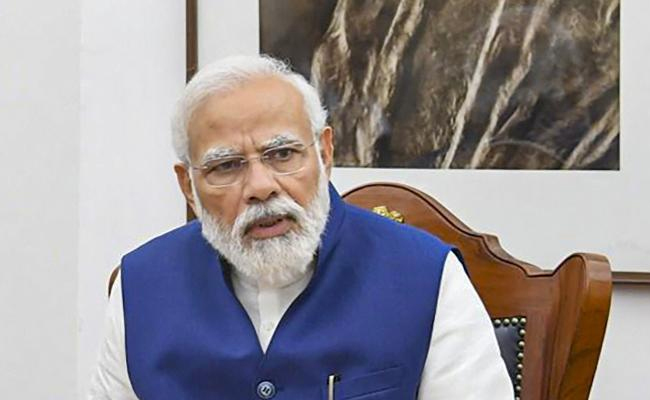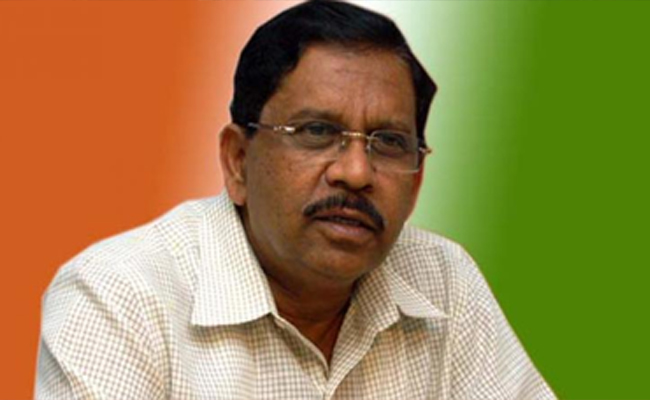New Delhi, June 14: Though Congress President Rahul Gandhi's Iftar party was not attended by many heavyweight opposition leaders, the party said the "opposition unity was gaining strength" and many leaders could not come as they were in their state capitals.
Congress leader Rajeev Shukla told reporters: "Samajwadi Party not attending the Iftar doesn't mean they boycotted it. They could not come maybe because they didn't have any leader in Delhi now. SP is also with us in opposition unity."
He was responding to the BJP's attack on Gandhi of not having acceptance of prominent opposition leaders.
"The representation of all the parties was important in the Iftar party. Most of the people of the opposition had come to the Iftar party. The leaders of some parties were in their state capitals hence they had sent their representatives. It was important for them participate in the Iftar," Shukla told reporters.
"The leaders who were in Delhi came. Those who were not there, their representatives came. So BJP's remark doesn't hold water," he added.
"Opposition unity is gaining strength, whether it was the display of unity during the oath-taking ceremony in Karnataka or yesterday's (Wednesday) Iftar party where most of the parties were present.
"One or two parties could not come for some reason, but their support is entirely with the opposition unity," he said.
Gandhi's Iftar party was not attended by prominent opposition leaders like H.D. Deve Gowda, NCP chief Sharad Pawar, West Bengal Chief Minister Mamata Banerjee, Bahujan Samaj Party chief Mayawati, Samajwadi Party leaders Mulayam Singh Yadav and Akhilesh Yadav and RJD leader Tejashwi Yadav.
Even Andhra Pradesh Chief Minister and TDP chief N. Chandrababu Naidu, who was believed to have been invited, did not attend.
Let the Truth be known. If you read VB and like VB, please be a VB Supporter and Help us deliver the Truth to one and all.
Madrid: Spain has rejected a claim by the White House that Madrid had agreed to cooperate militarily with the United States amid the ongoing conflict with Iran, even as US President Donald Trump warned of trade consequences over Spain’s stance.
Al Jazeera reported that White House spokesperson Karoline Leavitt told reporters on Wednesday that Spain had reconsidered its earlier position of not allowing its military bases to be used in the war against Iran.
“With respect to Spain, I think they heard the president’s message yesterday loud and clear, and it’s my understanding, over the past several hours, they’ve agreed to cooperate with the US military,” Leavitt said.
Clearly denying the assertion, Foreign Minister José Manuel Albares said the claim was incorrect and insisted that Madrid’s position had not changed. “Not a single comma has changed, and I have no idea whatsoever what they might be referring to,” Albares said in an interview with the Hora25 radio programme.
ALSO READ: BJP's earning accounted for 85 per cent of total income of national parties in 2024-25: ADR Report
Trump had earlier criticised Spain’s opposition to the war, describing its stance as “terrible” and threatening economic retaliation. “We’re going to cut off all trade with Spain. We don’t want anything to do with Spain,” he said on Tuesday.
Spanish Prime Minister Pedro Sánchez reaffirmed his government’s opposition to the conflict, recalling past military interventions in the region. “The world, Europe, and Spain have faced this critical moment before. In 2003, a few irresponsible leaders dragged us into an illegal war in the Middle East that brought nothing but insecurity and pain,” Sánchez wrote on social media.
He added that Spain’s position remained firmly against war, violations of international law and “the illusion that we can solve the world’s problems with bombs”.
Iranian President Masoud Pezeshkian praised Spain’s stand, saying it reflected ethical responsibility.
“Spain’s responsible conduct in opposing the Zionist-American coalition’s flagrant human rights violations and military aggression against countries, including Iran, shows that ethics and awakened consciences still exist in the West,” he wrote in a post on social media.
Within Europe, Spain has been among the few countries to openly oppose the attacks on Iran. The European Union has instead called for de-escalation and protection of civilians without directly rejecting the US and Israeli military action.
EU foreign policy chief Kaja Kallas said Iran’s missile and nuclear programmes and its support for armed groups pose a serious threat to global security, adding that the bloc has imposed sanctions on Tehran while continuing to back diplomatic engagement on the nuclear issue.

